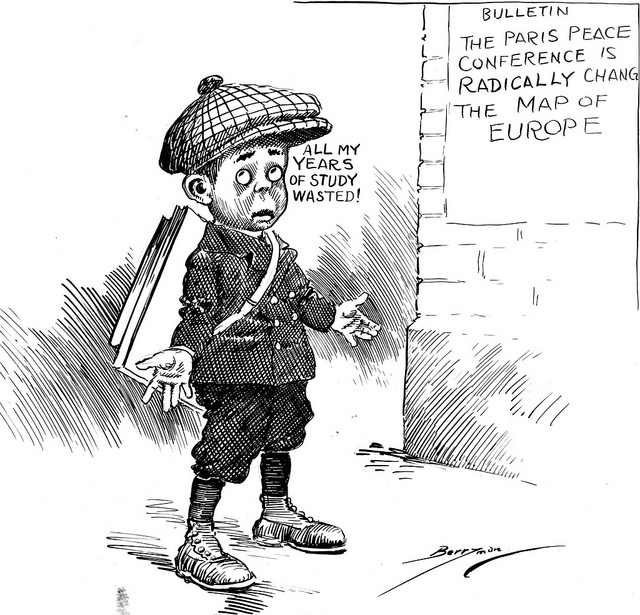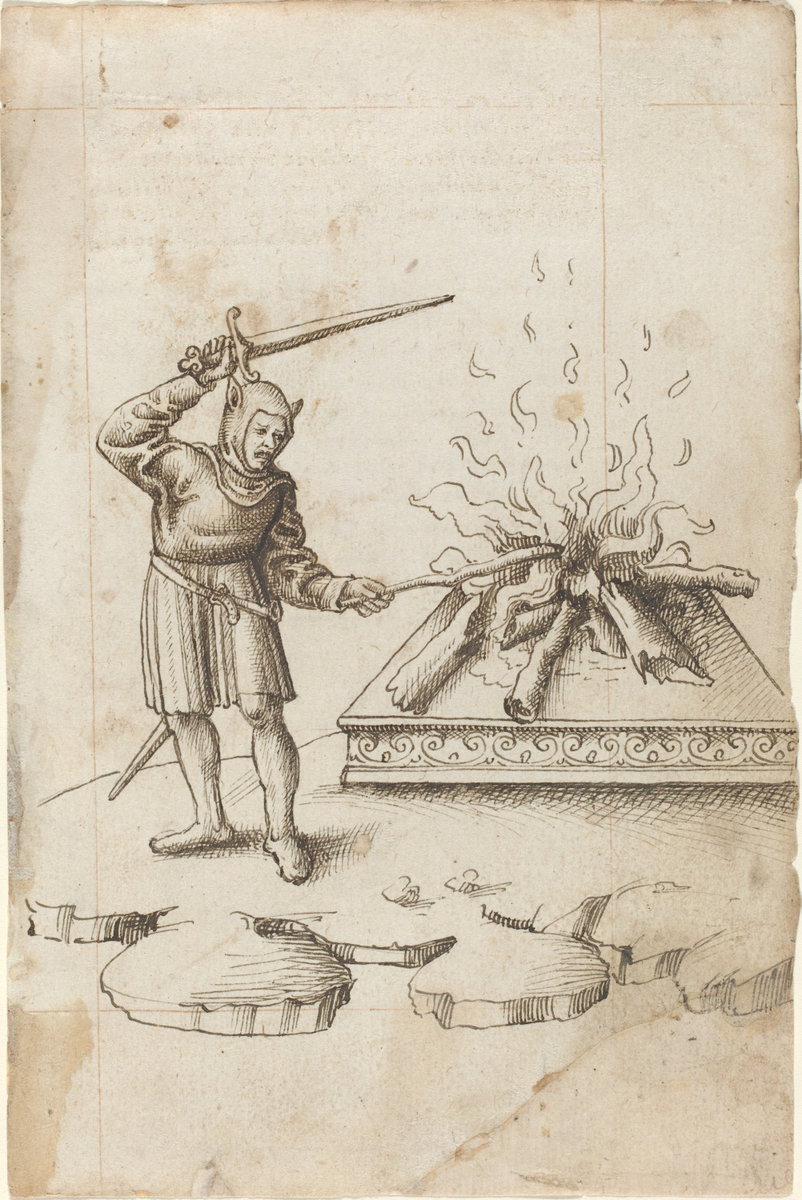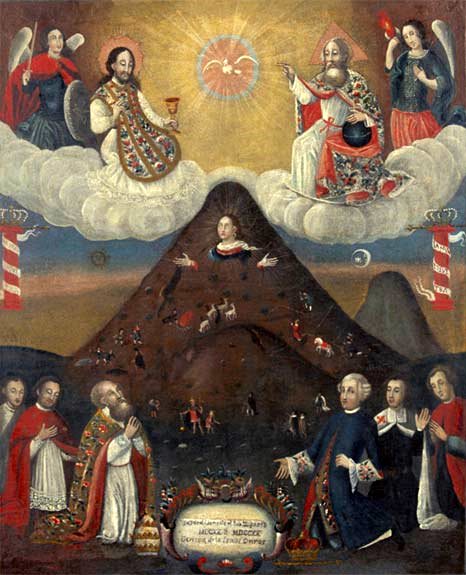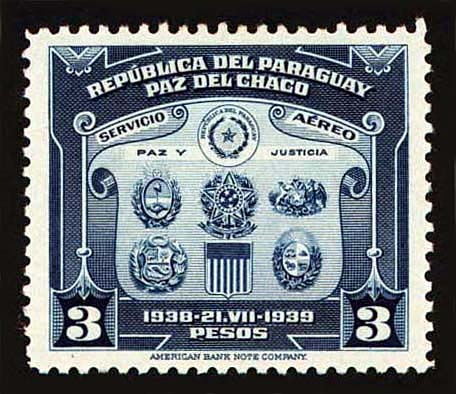
Demonstrations and violent police response — “officers with their name tags removed firing stun grenades and rubber bullets indiscriminately at fleeing protesters and bystanders and hunting stragglers through the streets” — continue in Brazil. Raphael Neves warns that the protests are about more than transport fares. “People are going hungry and the government builds stadiums,” quotes the New York Times.
Brazil expert Colin M. Snider has thoughts on the protests. Buzzfeed and the Atlantic both have photo essays of the demonstrations.
Earlier this month Nick Danforth challenged the conventional wisdom on Erdogan and the Occupy Gezi protests: “Yet the painful irony, for anyone who wants to see Turkish democracy prosper, is that if Erdogan had paid more heed to his critics, his government would not be on the verge of succeeding in a historic effort to end Turkey’s brutal thirty-year civil war with Kurdish separatists.”
The price of loyalty among Syria’s Alawites. Stellar reporting from Robert F. Worth (via Gracy Howard).
Hussein Ibish cheers the Obama administration’s Syrian policy shift, arguing that America’s involvement in Syria is “a completely different kind of engagement and in a totally different context” than the War in Iraq. Daniel Larison disagrees, noting that regional support for American involvement is no where near as uniform as Ibish argues.
Relatedly, polling is now in after the administration’s decision — support among Americans for sending arms to anti-regime Syrian forces has fallen from 29 to 20 percent between March 2012 and today. Gallup finds Democrats more likely to support the decision, as are those who follow the conflict closely. Unsurprisingly, most Americans somewhat contradictorily also think “it is important for the US to support people who oppose authoritarian regimes.”
CIA and special operations personnel have been secretly training Syrian rebels in anti-tank and anti-air warfare since last November.
This is of course no surprise, but what a world — supported by the US and firmly opposed by Russia, Syrian rebels have received their first new heavy weapons… including Russian-manufactured anti-tank missiles.








1 comment
Involvement in Syria is different from U.S. actions in 2003. However (and I don’t take a side in this at the moment) that doesn’t mean that because something is different it’s better or worse.